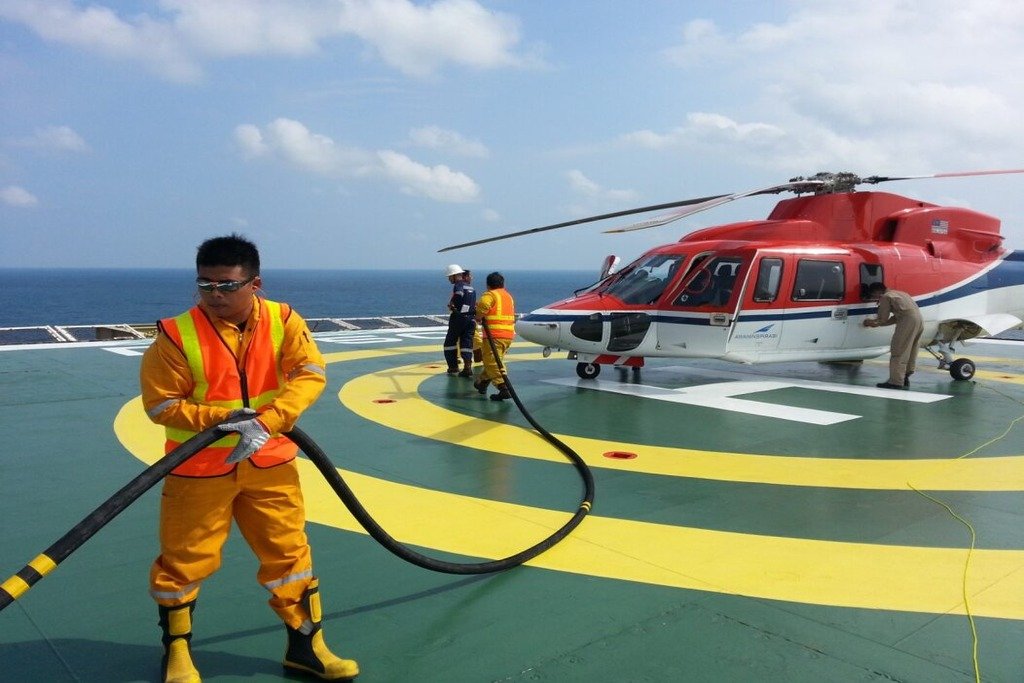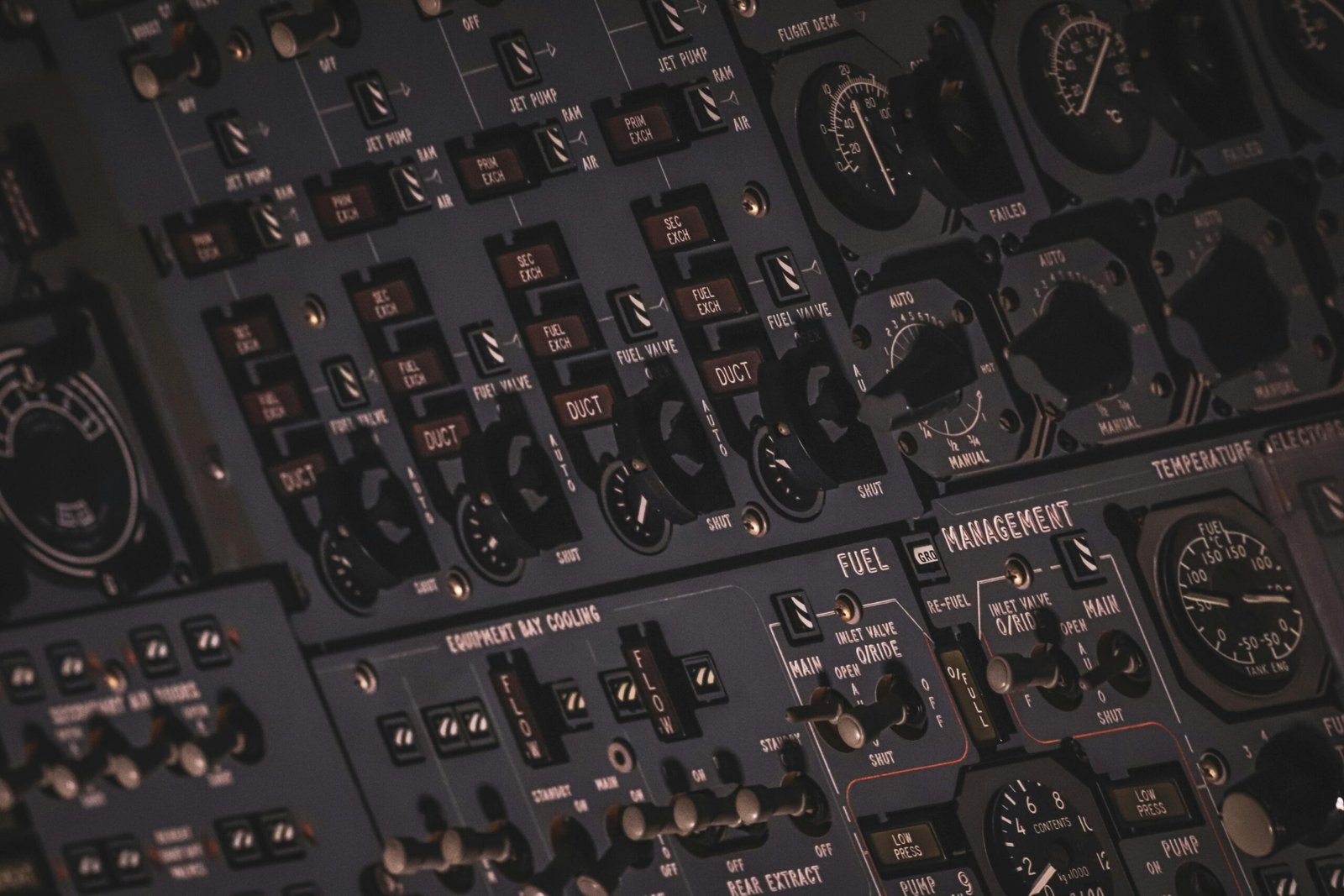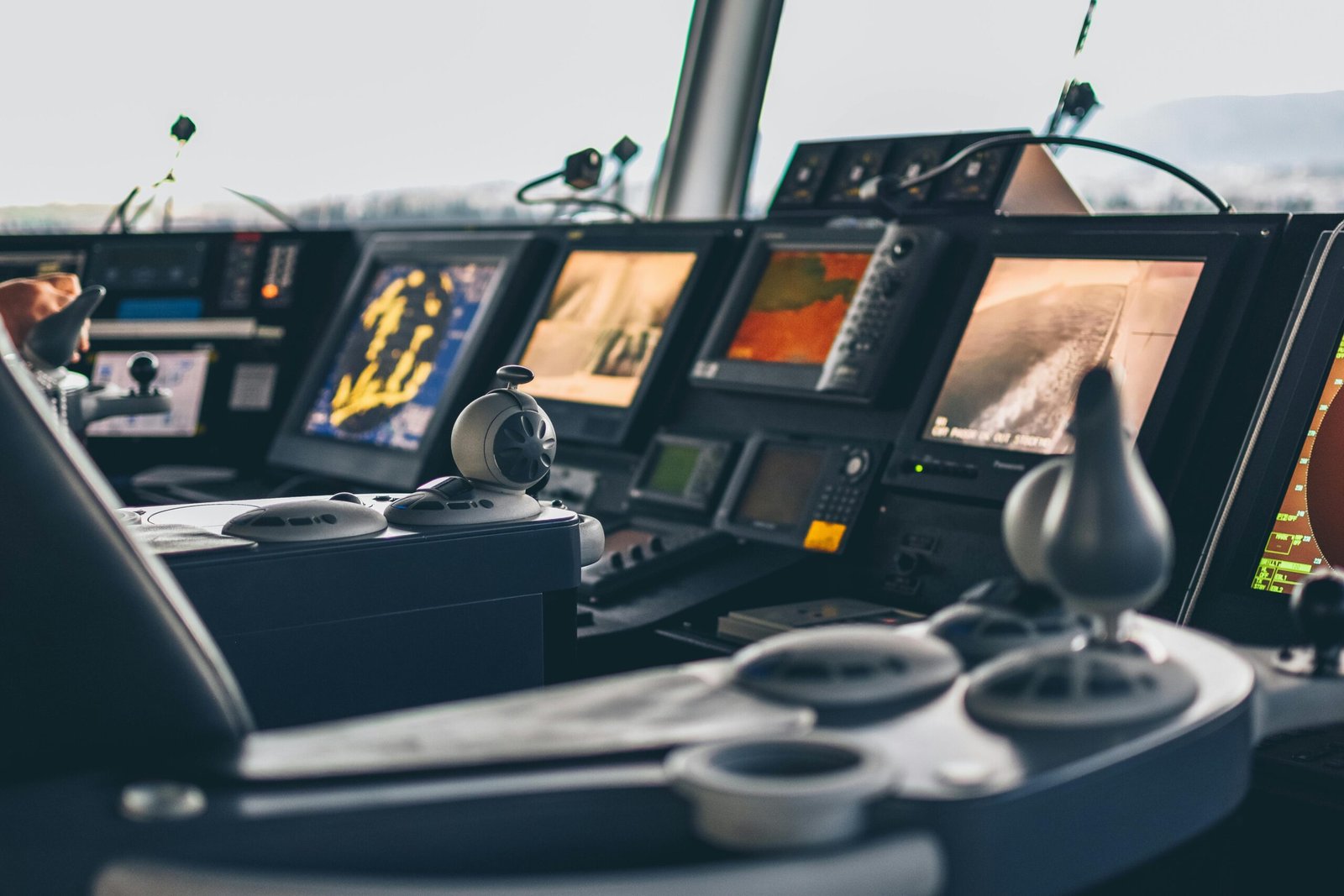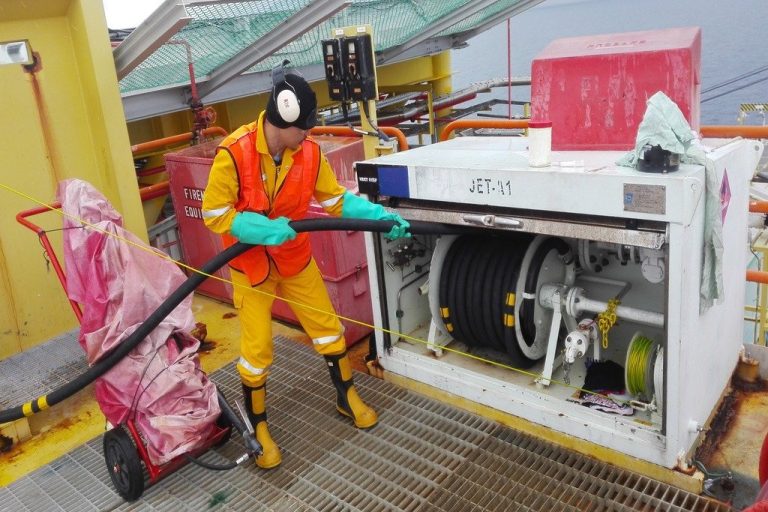Our Additional
Services
Inspection of helicopter refueling systems compliance to the latest CAP 437 8TH edition standards.
To rectify/troubleshoot onshore & offshore refueling systems
Modifications or rebuilds of helicopter refueling systems.
Commissioning and offshore start-up of helicopter fuel systems.
Technical assistance for offshore personnel.
Upgrade of filter vessel.
Heli-fuel tank annual inspection & recertification work.
Pressure Refueling Nozzles, Pressure/vacuum relief valves for tanks, hose testing, Pressure gauge calibration, class company certification of transportable tanks and similar.












